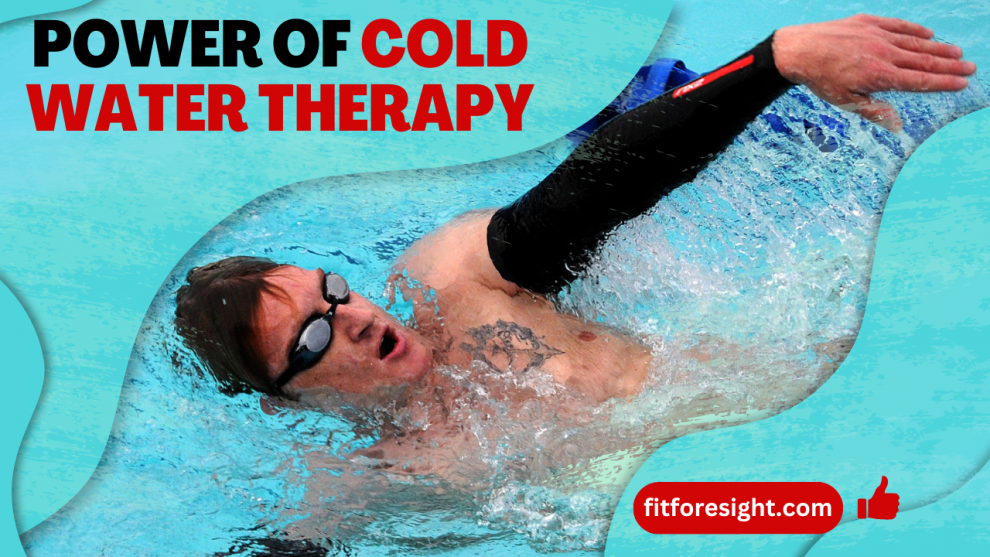Introduction
Cold water therapy is a remarkable practice that offers a myriad of benefits when it comes to improving overall well-being. In this comprehensive guide, we will explore the captivating world of submerging oneself in chilled waters and unlock the secrets behind this powerful practice. From physical rejuvenation to mental clarity, cold water therapy has gained immense popularity as a natural and invigorating method. Join us as we delve deep into understanding the benefits and provide valuable insights to enhance your experience.
Understanding Cold Water Therapy
Cold water therapy, also referred to as cold immersion or cold hydrotherapy, involves therapeutic submersion of the body in cold water. While the idea of immersing oneself in chilly waters may initially seem daunting, the rewards make it a truly worthwhile endeavor. Embracing the cold allows you to tap into a wide range of benefits that positively impact your physical, mental, and emotional health.
Physical Benefits
- Enhanced Circulation: By stimulating blood flow and constricting blood vessels, cold water immersion promotes efficient circulation throughout the body. This process aids in the delivery of oxygen and nutrients to various organs and tissues, ultimately promoting overall vitality.
- Accelerated Recovery: Athletes and fitness enthusiasts often turn to cold water therapy to speed up post-workout recovery. The cold water helps reduce inflammation, flush out metabolic waste products, and relieve muscle soreness, enabling quicker recuperation.
- Boosted Immune System: Regular exposure to cold water has been shown to enhance the functionality of the immune system. Cold water stimulates the production of white blood cells, thereby strengthening the body’s defense mechanisms against illnesses and infections.
- Increased Metabolic Rate: Exposure to cold water induces the body to work harder in maintaining its core temperature, resulting in an increase in metabolic rate. This can be beneficial for weight management and overall energy expenditure.
Mental and Emotional Benefits
- Heightened Alertness: Cold water immersion triggers a rush of adrenaline and releases endorphins, promoting a heightened state of alertness and mental clarity. This, in turn, helps improve focus, concentration, and productivity throughout the day.
- Stress Reduction: Submerging oneself in cold water has a calming effect on the nervous system, alleviating stress, anxiety, and depression. The shock of cold water can release tension, promoting a sense of relaxation and well-being.
- Enhanced Mood and Resilience: Cold water therapy stimulates the release of neurotransmitters like dopamine and serotonin, which are associated with improved mood and increased resilience to stressors. Regular practice can lead to a more positive outlook on life.
- Improved Sleep Quality: Cold water immersion before bedtime can aid in achieving better sleep. The drop in body temperature after exposure to cold water helps regulate the sleep-wake cycle, promoting deeper and more restorative sleep.
Incorporating Cold Water Therapy into Your Routine
Now that you’re aware of the remarkable benefits cold water therapy offers, you may be eager to incorporate it into your daily routine. Here are some practical tips to help you get started:
- Start Gradually: Begin by gradually exposing your body to cold water. Start with shorter durations and slightly lower temperatures, gradually increasing both as your body adapts.
- Cold Showers: Opt for cold showers instead of hot ones. Start by ending your regular warm shower with a blast of cold water for a few seconds, and gradually increase the duration over time.
- Ice Baths: Consider incorporating ice baths into your routine. Fill a bathtub with cold water and add ice cubes to achieve the desired temperature. Submerge your body up to your neck and remain immersed for a few minutes,

























Add Comment